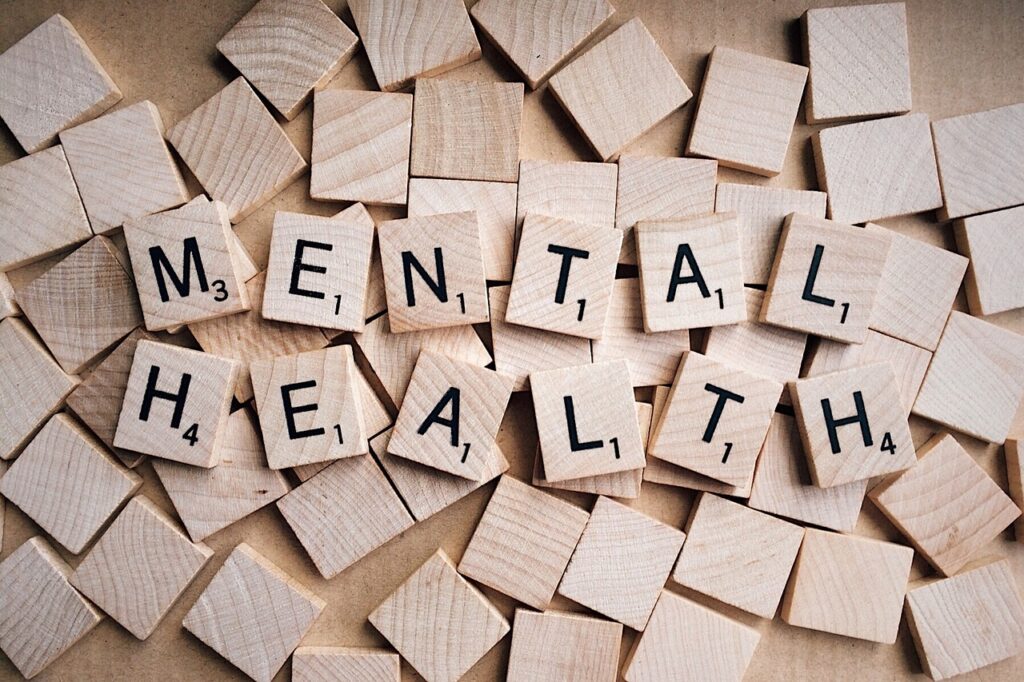The alarm rings, signaling the start of another school day. But instead of the usual hustle and bustle, your child burrows deeper under the covers, muttering a familiar refrain: “I don’t want to go to school!” While this might sound like a typical morning in many households, it’s important for parents to listen closely. Sometimes, what kids are really saying is that they need a mental health day.
With an unprecedented number of young people struggling, it’s clear that their emotional well-being is just as important as their physical health. This is where mental health days come into play, serving as vital pauses to help kids recharge and manage their mental health.
A mental health day is essentially a day off from school that allows kids to rest and rejuvenate. While the concept might raise eyebrows among those who worry about missed schoolwork or the potential for malingering, the benefits of allowing children this time can be significant. However, discerning when to allow a mental health day and how to make the most of it can be a delicate balance.

When your child expresses a desire to skip school, it’s crucial to engage in a conversation to understand the underlying reasons. Are they feeling overwhelmed by schoolwork, dealing with social stressors, or perhaps still processing the aftermath of a big project or test? These conversations can illuminate whether a mental health day could provide the relief they need.
However, not every request for a day off should be granted. Mental health days are not escape routes for avoiding challenging assignments or tests. In fact, dodging difficult tasks can exacerbate anxiety rather than alleviate it. Likewise, for kids with ADHD or those who thrive on the structure that school provides, a day off might do more harm than good.
There are times when a mental health day is just what the doctor ordered. Children who are emotionally drained from academic or social challenges might benefit from a pause. For these kids, a day spent engaging in relaxing activities like reading, taking walks, or practicing mindfulness can be deeply restorative. It’s about giving them a break without turning it into an opportunity to fall behind on schoolwork or get lost in social media.
Setting limits on mental health days is essential. This means being clear about how many days are allowed and under what circumstances. For example, you might decide on two days per semester or establish that certain days (like the day before a major test) are off-limits. It’s also helpful to plan these days in advance, especially following periods of intense academic pressure.
But what happens when your child asks for more days off than you feel are appropriate? If requests become frequent or your child starts faking illness, it’s an indication that a deeper conversation is needed. This could signal underlying issues, such as anxiety, bullying, or an undiagnosed learning disorder, that require more than just a day off to address.
The importance of mental health days is echoing across the country, with states like Washington, California, and Illinois passing legislation allowing students to take these days off for mental or behavioral health reasons. This legislative shift underscores the growing recognition of mental health’s impact on academic performance and overall well-being.
As parents, it’s our job to advocate for our children’s health in all its forms. By embracing mental health days within reason, we teach our kids the importance of self-care and listening to their bodies and minds. It’s about fostering resilience, not avoidance; about learning to pause and recharge, so they can face their challenges with renewed vigor.
Mental health days are a tool in the broader context of mental wellness. They are not a standalone solution but part of a comprehensive approach to supporting our children’s emotional and psychological well-being. In a world that’s increasingly acknowledging the significance of mental health, perhaps it’s time we all consider the value of a well-timed break.
Related posts:
Should Kids Take Mental Health Days?
74% of parents think schools should allow mental health days—these 12 states already do
The Case for Student Mental Health Days in America’s Schools





